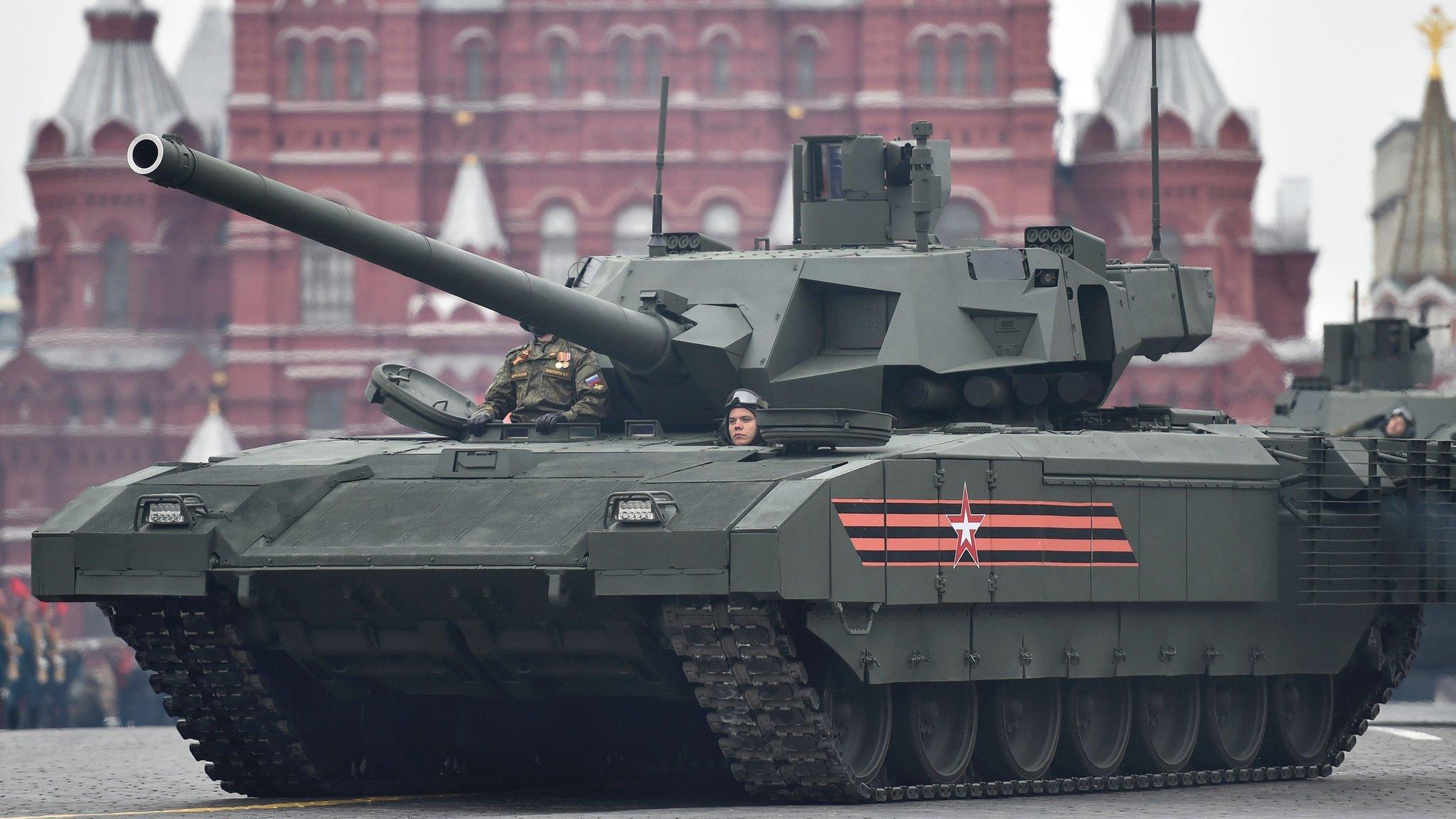Armed forces chief vows to fight false Northern Ireland claims
- Published
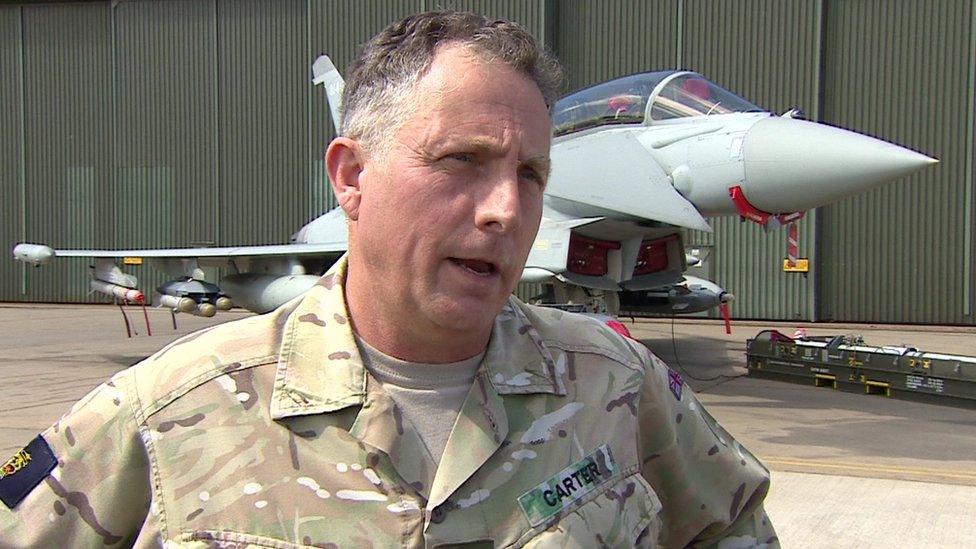
Sir Nick Carter took over as chief of defence staff in June
The new head of the armed forces says he will not allow British soldiers to be "chased" by people making "vexatious claims" about their conduct during the Troubles in Northern Ireland.
Chief of the Defence Staff Gen Sir Nick Carter said serving and former service personnel should face action for "genuine" wrongdoing.
But he vowed groundless cases "will not happen on my watch".
A government consultation, external was launched in May into the legacy of the period.
The consultation includes plans for a new Historical Investigations Unit, external, with policing powers, which will look at claims against former soldiers.
This week, the Daily Telegraph, external reported on a former paratrooper who is being investigated over two allegations of attempted murder on Bloody Sunday in 1972.
The 76-year-old was interviewed under caution in 2016. He was awarded a Military Medal for bravery during the 1972 tour.
Maureen McCarron, whose father received head injuries allegedly as a result of a shot fired by the soldier, has called for his prosecution.
Held to account
Sir Nick would not comment on any of the specific cases being examined. But he said people should remember Northern Ireland "wouldn't be in position we are in now if Army had not done remarkable job" there for more than 30 years.
"It is right and proper that if our soldiers have done something wrong they should clearly be investigated and held to account for it, but only if they've genuinely done something wrong," he said.
"What is fundamentally wrong though is if they are chased by people who are making vexatious claims. That will not happen on my watch."
He added: "If you end up with a clutch of vexatious claims then that undermines morale and has the risk of undermining our combat ethos and our fighting spirit."
Sinn Féin MLA Linda Dillon said that the comments were "extremely insulting" to the families of victims of the conflict, some of whom have waited over 40 years for answers.
She said: "The British Chief of the Defence Staff should acquaint himself with the facts and the best way to do this would be by meeting with the families in order to understand the hurt such claims make."
Sir Nick's predecessor, Air Chief Marshal Sir Stuart Peach, had said he was "deeply uncomfortable" at the prospect of veterans being investigated for actions which occurred during the Troubles.
Government ministers have also reportedly been at odds over whether military veterans will be offered enough protection during the investigation.
In June, Defence Minister Tobias Ellwood - a former Army officer - said the consultation should include a statute of limitations, preventing the prosecution of former soldiers for historical offences.
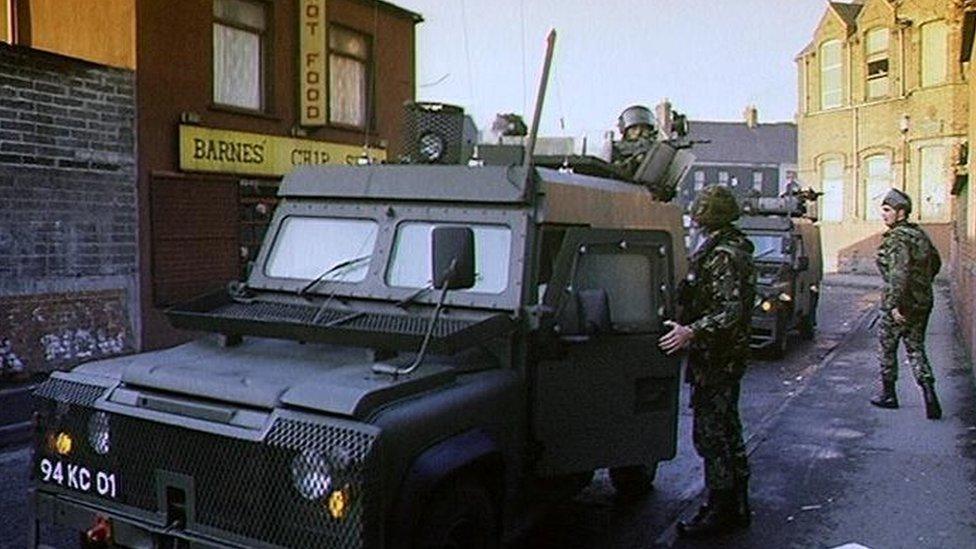
A government consultation into the legacy of the Troubles was launched in May
Speaking to BBC Radio 4's Today programme, Sir Nick said that he made his remarks because of the experience of the Iraq historic allegations inquiry, which ruled that the most serious allegations were "deliberate lies".
"I don't think these claims are necessarily vexatious," he said, referring to Northern Ireland. "We need to recognise that there are a lot of people who need to get closure from this."
He also said "there hasn't been any request yet as far as I'm aware" for the Army to deliver food, medicines and fuel in the event of a no-deal Brexit.
He said "Russia is the arch-exponent of what is almost a new way of warfare" involving cyber-warfare, assassination, bribery, fake news and the undermining of democratic principles.
But he warned that "a spiral of escalation and that ends up in miscalculation" with countries such as Russia is "the greatest threat to us at the moment".
And Gen Carter said that Afghanistan was now an "endless mission" based on building strong institutions rather than leaving on a deadline, a change he described as "more strategic".
In his earlier comments, Sir Nick also said it was important that Britain's military is properly funded at a time of increasing threats, adding that discussions with the Treasury are ongoing.
"People understand the complexity of the world we now find ourselves in," he said.
"The key thing is we've got to spend our money as cleverly as we can and use our money wisely to modernise the armed forces for what is going to be a difficult future."
- Published3 June 2018
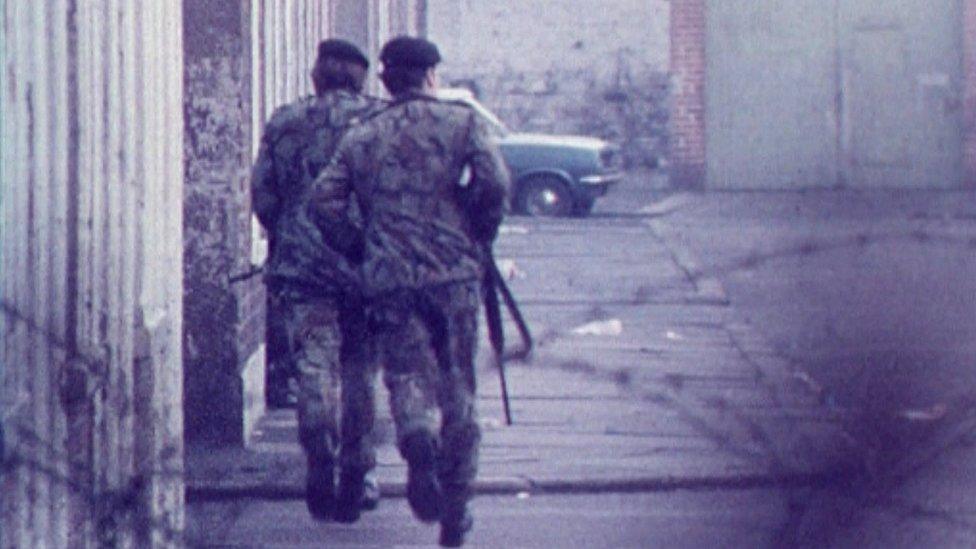
- Published11 May 2018
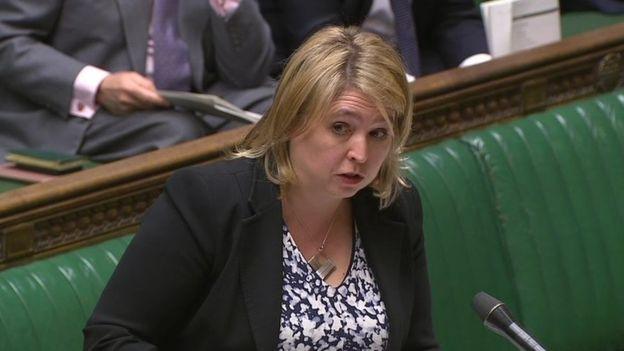
- Published9 May 2018
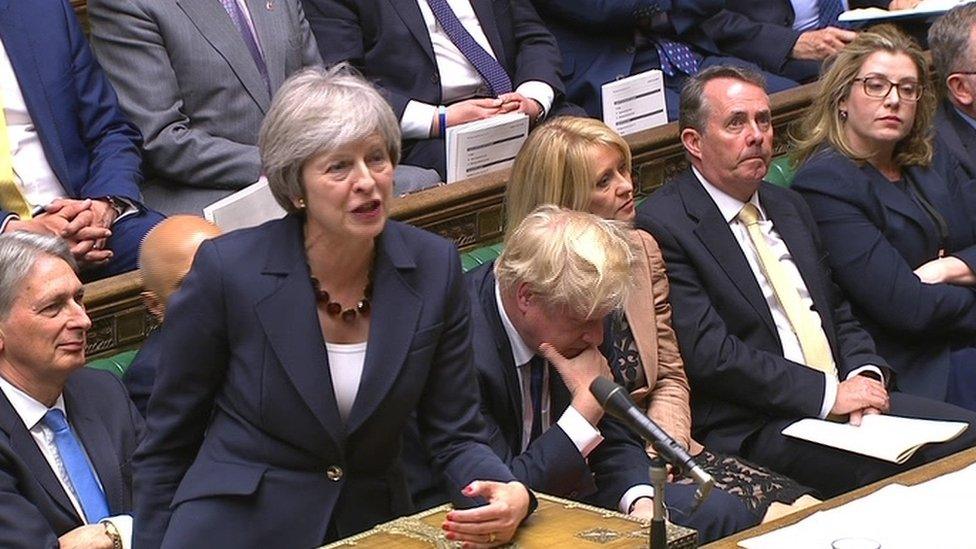
- Published22 January 2018
